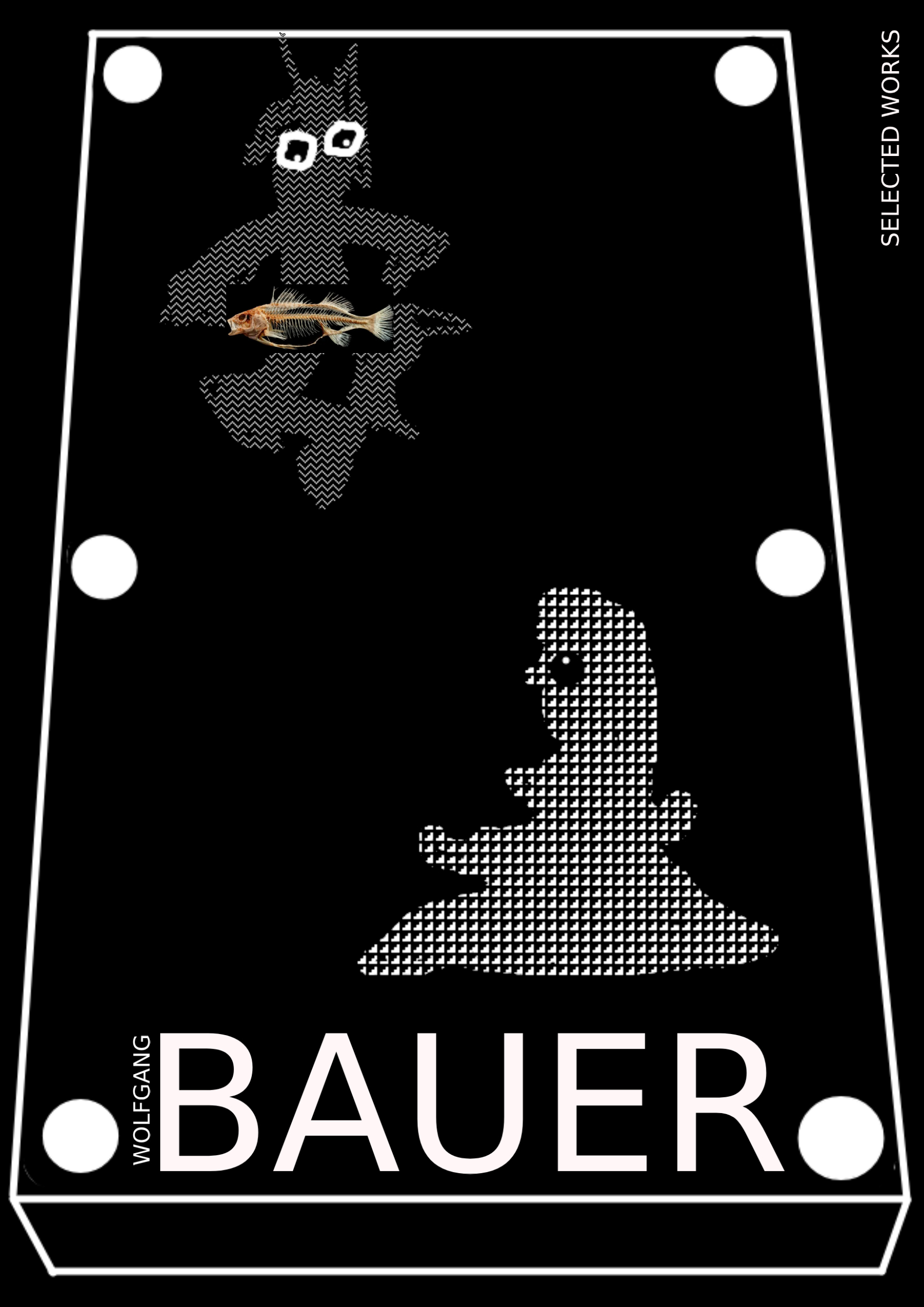
| Editions Cox | About | Contact |
|---|

Austrian playwright Wolfgang Bauer’s earliest plays appeared during his involvement with Graz’s Forum Stadtpark in the early 1960s. Most of the works from this productive early phase are relatively short and absurdist or surreal in flavour, some written to order for performance in their bustling theatrical milieu. Largely succinct and colloquial, these works run through a wide range of themes and styles while exploring various formal and meta-theatrical possibilities. The full-length works which followed shortly thereafter would for a time make Bauer the most widely performed playwright in the German speaking world. These were his provocatively “hyper-realistic” depictions of the lives of disorderly and disaffected young adults, including “Magic Afternoon” and “Change,” which along with the shorter “A Party for Six” were his only plays to be collected for a book publication of Bauer's works in English translation (notwithstanding a translation of his novel “The Feverhead” published by Atlas Press, a translation of “Insalata Mista” included in an Ariadne Press anthology of Austrian plays, and journal publications of several plays translated for stage).
Yet the hyper-realistic works are hardly representative of Bauer’s oeuvre overall, since the more elaborate works which follow and make up the bulk of his output return to the kinds of surrealistic and speculative subject matters and premises typical of the shorter earlier ones, without ever leaving behind Bauer’s colourful colloquialism. This volume by Editions Cox accordingly gathers together a number of Bauer’s earlier and later works, in which time and personality get multiplied and confused, the rules of the game change behind the backs of the players, and language and understanding are strained to the breaking point. The plays directly confront the chaos, brutality, and confusion of contemporary existence as resources for the wily delights of the imagination. Yet they remain deceptively clear and digestible, full of feeling and humour. All, aside from a handful of the “Microdramas,” appear here in English translation for the first time.